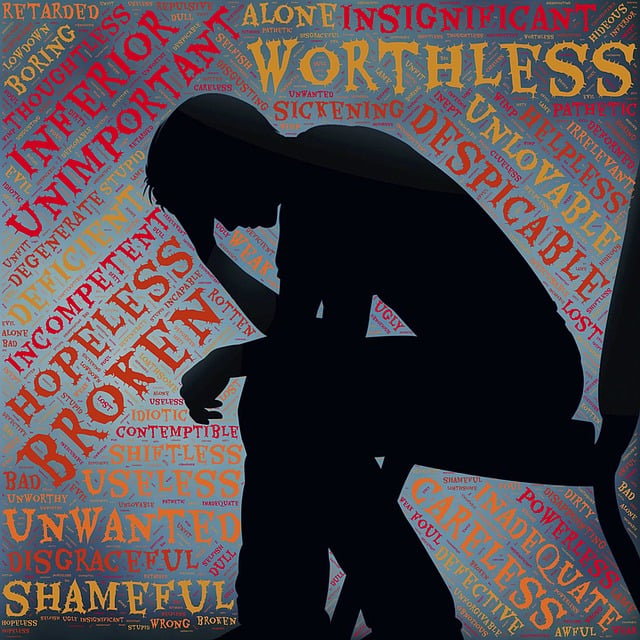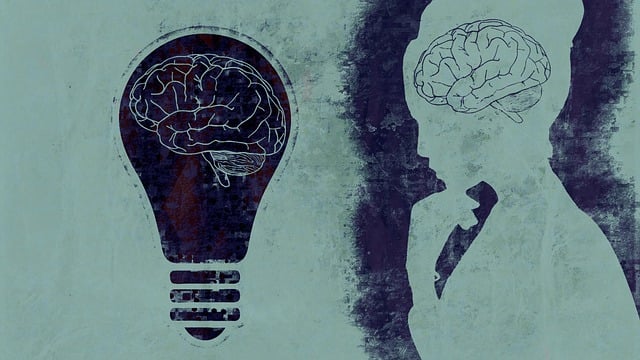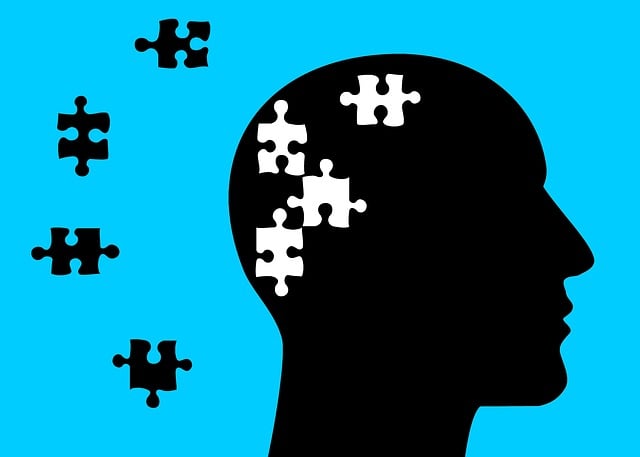Lafayette Psychosis Therapy (LPT) offers a holistic approach to mood regulation, empowering individuals with strategies to manage emotions effectively. This method combines therapy sessions, workshops, and communication strategies to help people identify triggers, develop adaptive coping mechanisms, and enhance self-awareness. By integrating mindfulness practices, structured risk management planning, and consistent daily routines, individuals can cultivate emotional resilience and maintain mental well-being.
Mood regulation is a vital skill for navigating life’s challenges. This article explores effective strategies for managing emotions, focusing on the role of Lafayette Psychosis Therapy as a powerful tool for long-term emotional balance. We’ll delve into practical, step-by-step guides for daily mood management and provide insights into building resilience against psychological distress. Discover how these techniques can transform your mental well-being, offering a more stable and fulfilling life.
- Understanding Mood Regulation: The Role of Lafayette Psychosis Therapy
- Practical Strategies for Daily Life: A Step-by-Step Guide
- Long-Term Management: Building Resilience and Sustaining Emotional Balance
Understanding Mood Regulation: The Role of Lafayette Psychosis Therapy

Understanding Mood Regulation: The Power of Lafayette Psychosis Therapy
Mood regulation is a critical aspect of mental well-being, encompassing various strategies to manage and stabilize emotional states. It involves recognizing and controlling intense emotions, preventing them from overwhelming an individual, and fostering resilience in the face of life’s challenges. Lafayette Psychosis Therapy (LPT) stands as a profound approach within this realm, offering effective tools for navigating and maintaining balanced moods.
Through LPT, individuals learn to identify triggers associated with mood disturbances and develop adaptive coping mechanisms. This therapy focuses on enhancing self-awareness, teaching communication strategies that promote healthy relationships, and providing techniques for stress management. For instance, Stress Management Workshops organized by mental health advocates can be a valuable component of this process, offering practical tools to mitigate daily stressors. By combining LPT with Depression Prevention initiatives and Communication Strategies, individuals gain a comprehensive set of skills to navigate emotional landscapes, ensuring improved mood regulation and overall mental health.
Practical Strategies for Daily Life: A Step-by-Step Guide

In our daily lives, managing mood effectively can significantly enhance overall well-being. Here’s a step-by-step guide to practical strategies, inspired by Lafayette Psychosis Therapy, that mental health professionals and individuals alike can leverage for better emotional regulation:
1. Mind Over Matter Principles: Cultivate self-awareness through introspection and mindfulness practices like meditation or deep breathing exercises. Recognizing and understanding your emotions is the first step towards managing them effectively. Regularly schedule time for these activities to build a solid foundation of mental resilience.
2. Risk Management Planning: Implement structured risk management planning, a concept often explored in Stress Management Workshops Organization settings. Identify potential triggers that can negatively impact mood, and develop proactive strategies to mitigate their effects. This might involve setting boundaries, prioritizing self-care, or seeking support from colleagues or peers when needed.
3. Structured Routine: Establish a consistent daily routine that includes regular sleep schedules, balanced nutrition, and scheduled exercise. These foundational elements play a crucial role in stabilizing mood and promoting mental health. Make adjustments to your routine as necessary, ensuring it supports rather than hinders emotional well-being.
Long-Term Management: Building Resilience and Sustaining Emotional Balance

In the pursuit of long-term emotional well-being, individuals often turn to strategies that foster resilience and sustain a sense of calm. This involves a proactive approach to mental health management, akin to Lafayette Psychosis Therapy, which focuses on building adaptive coping mechanisms. By integrating various self-awareness exercises into daily routines, one can enhance their ability to navigate life’s challenges with equanimity. These practices encourage individuals to tune into their emotions, understand triggers, and develop healthier responses over time.
The journey towards emotional balance is a continuous process that requires dedication. Engaging in regular self-reflection and adopting stress reduction methods, such as those explored in the Mental Wellness Podcast Series Production, can significantly contribute to long-term mental wellness. This holistic approach allows for the cultivation of inner strength, enabling individuals to maintain emotional stability even during stressful or uncertain periods.
In conclusion, mood regulation is a multifaceted process that combines understanding mental health conditions like psychosis, employing practical daily strategies, and adopting long-term resilience-building practices. Integrating Lafayette Psychosis Therapy into this approach can significantly enhance emotional balance and overall well-being. By combining knowledge with actionable steps, individuals can navigate their moods more effectively, fostering a healthier and more fulfilling life.












